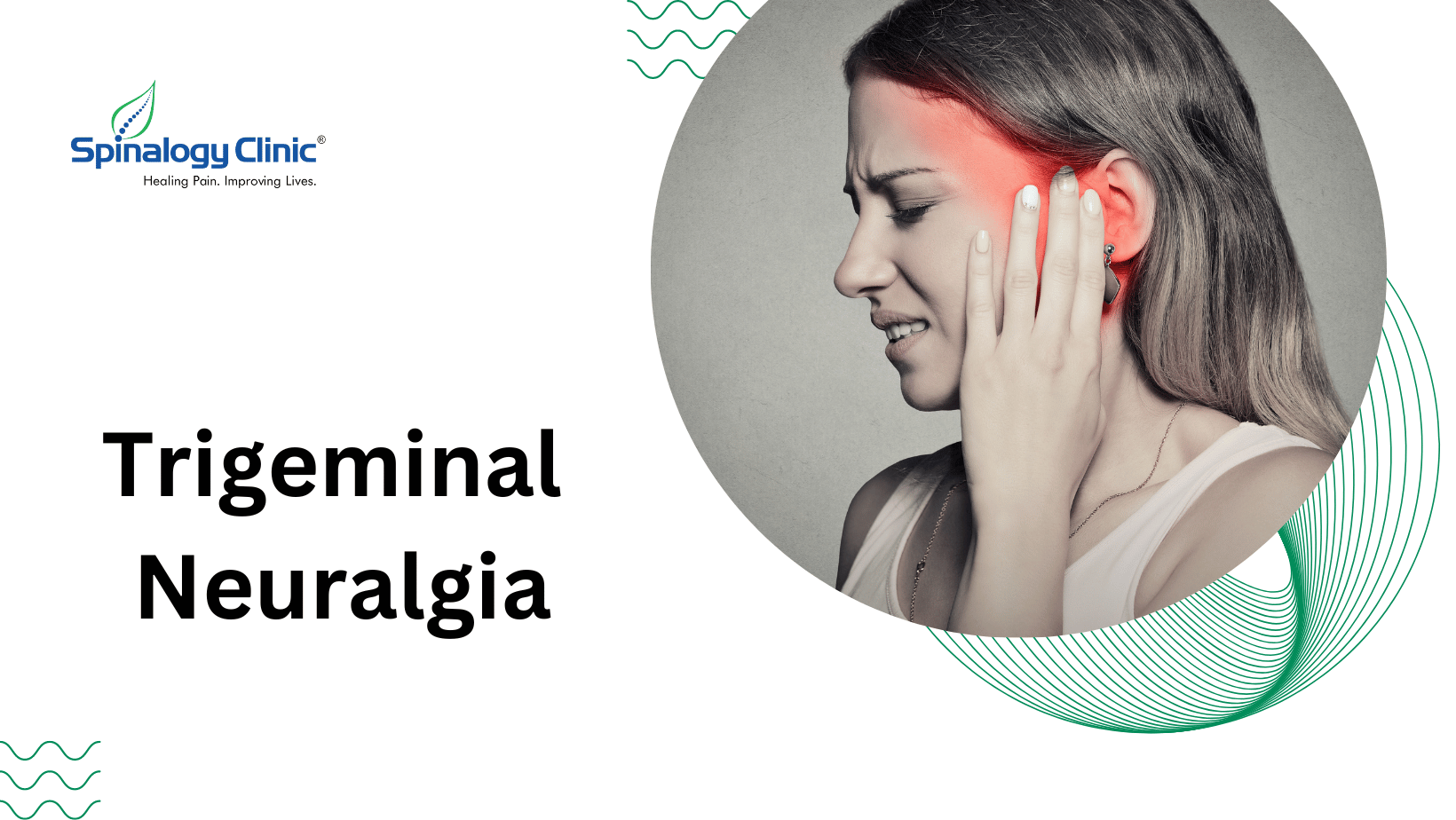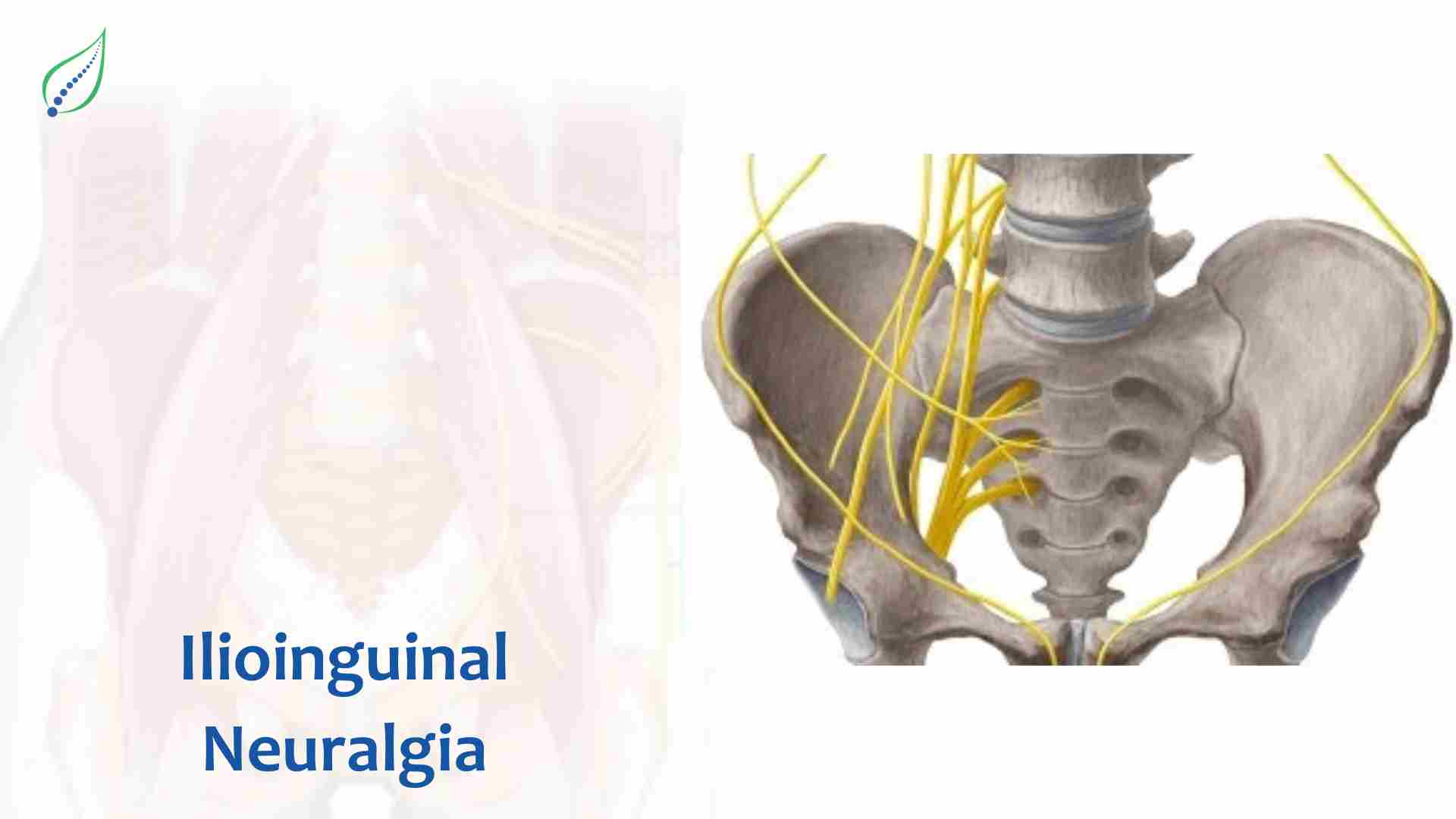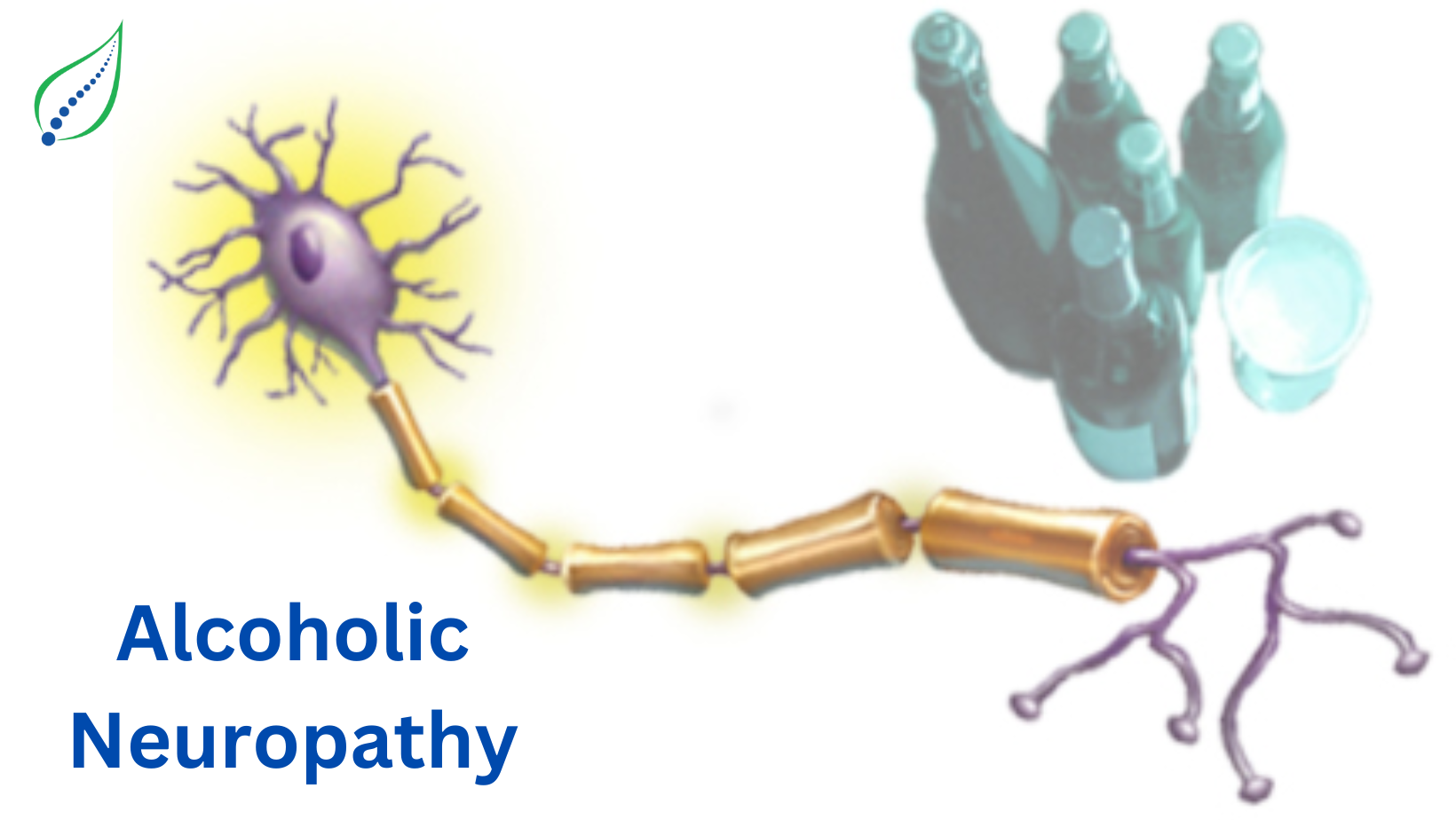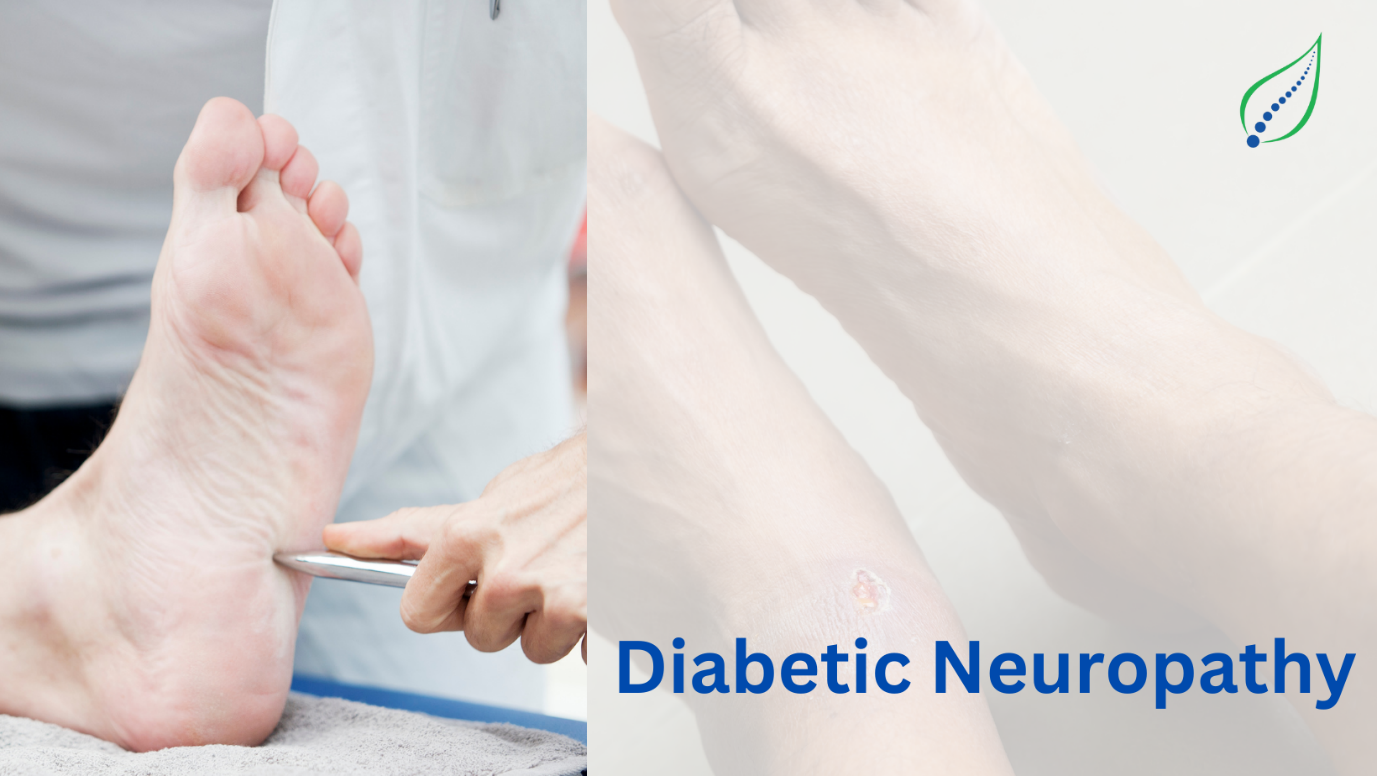Trigeminal Neuralgia
Trigeminal Neuralgia is a chronic pain condition with sudden and severe facial pain. Trigeminal nerve which carries the sensation from our face to brain get affected in this condition. It is also known as “tic douloureux”. The pain is usually experienced in one side of the face but very occasionally person can experience it on both sides. Then the condition is called “bilateral trigeminal neuralgia”.
The initial attacks are usually mild and rare but the condition can worsen into severe and more frequent jolts of searing pain. While this disorder can occur at any age, it mostly affects people above 50 years of age. The sudden and intense bouts of pain is a sign of “classic” trigeminal neuralgia and can be effectively managed by Pain Physician.
Causes:
The pain caused by trigeminal neuralgia is a result of the compression & disruption of functions of trigeminal nerve.
Most common cause of TN is abnormal vascular loop pressing on to any of the branches of Trigeminal nerve.
It can also occur due to other reasons such as a brain tumor (acoustic neuroma) exerting pressure on the trigeminal nerve,
Multiple sclerosis damages the myelin sheath of Trigeminal nerve causing abnormal signal generation in nerve resulting in pain.
Trauma to the trigeminal nerve can result from a dental extraction and cause trigeminal neuralgia.
Symptoms
Pain in trigeminal neuralgia can feel like coming out of nowhere. Symptoms may include –
Pain in the lower or upper jaw. The patient experiences a severe shooting pain which is mostly mistaken as related to dental issues. These bouts of pain can last from a few seconds to a few minutes and in severe cases the attacks even last days, with periods of relief in between for some people.
Pain is experienced in those areas for which the trigeminal nerve is responsible for regulating sensation. These areas are the lips, jaw, teeth, and gums. In rare cases the area surrounding the nose and the eyes, and the forehead also are affected.
The pain can be focused in one spot or spread to other areas. The attacks intensify over time and causes uncontrollable face twitching in the patients.
Triggers
Trigeminal neuralgia can be activated by a variety of triggers. Some of these are:
- Touching
- Shaving
- Brushing teeth
- Eating or Drinking
- Applying Make-up
- Blowing Nose
- Smiling or Talking
- Washing the face
- Confronting a Breeze
Diagnosis
The doctor will diagnose trigeminal neuralgia based on the location, type, severity and triggers of the pain. Trigeminal neuralgia is mainly a clinical diagnosis.
A neurological examination of your face will enable the doctor to understand the origin of the pain. Reflex tests also help in understanding if the pain is occurring due to a compressed nerve in the face.
Magnetic Resonance Imaging is used to identify tumors or other medical conditions such as multiple sclerosis.
Treatment
1.Medications: Initial treatment of TN is neuropathic medications like Carbamazepine, Gabapentin, Pregabalin, Valproate. Medication is started at low doses and titrated as per response. Baclofen is a muscle relaxant which is used in treatment of Trigeminal neuralgia when conventional drugs do not work.
2.When medications cause intolerable side effects or pain is not controlled, interventional pain management options help. This consists of Radiofrequency ablation of Trigeminal nerve branches (ophthalmic/Maxillary/Mandibular).
This procedure is done under fluoroscopy or CT guidance. The needle is inserted where Trigeminal ganglion is located in skull via foramen ovale. The affected branch of Trigeminal nerve is stimulated to generate pain as experienced by patient. Once patient confirms the pain, the nerve is ablated by radiofrequency current. This procedure is safe and gives relief from TN for 2 to 5 years or longer.
3.Surgery: In cases of TN where a tumor is identified, tumor resection surgery needs to be done. In cases where a vascular loop is identified, microvascular decompression surgery is done specially in young patients. In elderly patients with vascular loop, Radiofrequency ablation is preferred over surgery due to less invasive nature of this procedure.




